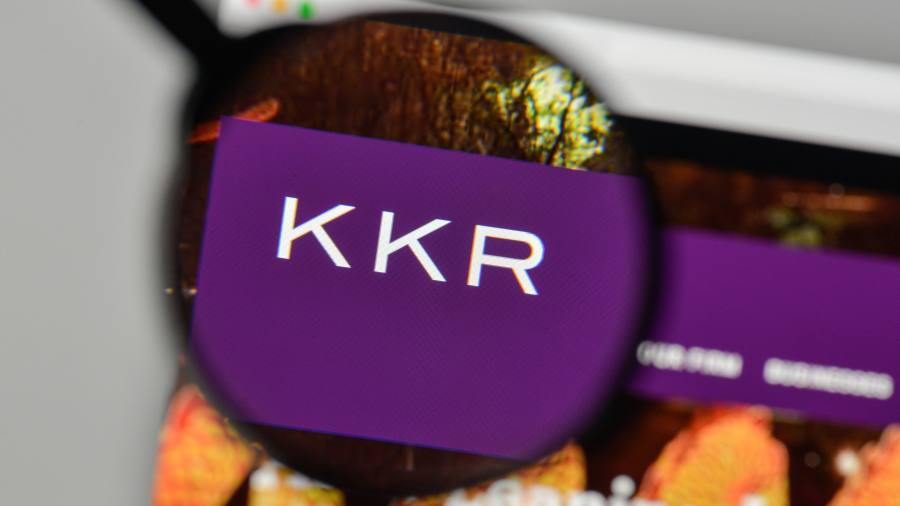
Receive free KKR & Co LP updates
We’ll send you a myFT Daily Digest email rounding up the latest KKR & Co LP news every morning.
Bring cash and do not be afraid to twist some arms. That might be the takeaway from a recent bid battle involving KKR.
In early June, the private equity group appeared to have won an auction for the US industrials company Circor, agreeing to pay a total price of $1.6bn.
But by the end of June, it had been forced to raise its per share price two more times to win the company, eventually increasing its initial bid of $49 a share to $56. Another private equity group Arcline Investment Management had jumped into the fray and forced its bigger rival to pay up more.
Arcline’s final bid of $57 was actually higher than KKR’s. Besides stumping up more cash, KKR also embarked on an intensive campaign to challenge the quality of Arcline’s entry. KKR public press releases as well private entreaties to Circor, disclosed recently in securities filings, offered arguments that were supposed to resonate at this unsettled moment in dealmaking.
First, even if Arcline was offering more cash, the smaller fund would be required to tap the choppy syndicated loan markets to complete its bid. KKR first had secured commitments from direct lenders Ares Management and Apollo Global. KKR then went further in agreeing to pay the full purchase price upfront out of its own equity funds.
Second, KKR pointed out that Arcline owned a rival of Circor, Fairbanks Morse Defense, which could frighten the suddenly strict US competition authorities.
US boards have fiduciary duties to seek out the best price for their shareholders. However, with enhanced closing risk from either debt financing falling through or regulators blocking a deal, boards could, at their discretion, value certainty more than absolute dollars. As such, KKR believed it did not need to go dollar-for-dollar with Arcline, an approach ultimately vindicated.
Heightened closing risk may, however, not by itself be totally persuasive. Arcline made an initial topping bid of $52.65 that the Circor board ruled was likely good enough to be deemed a “superior proposal” to $49. In the following days, KKR would offer its all-equity backstop provision as well as a higher termination fee it would owe Circor if its deal collapsed for financing or antitrust reasons.
It also argued to Circor that the US Navy, US Department of Defense and Congress might scrutinise a combination of the company with Arcline over the impact on the supply of valves for US submarines.
It even convinced the Circor board to speak with a former US Navy secretary who was a board member at another KKR portfolio company who explained what he thought were the risks of Arcline. Still, KKR raised its bid to $51, enough to keep Circor from accepting the $52.65 from Arcline.
Arcline was not finished. It raised its bid to $57 and offered a “hell or high water” antitrust provision that shifted much of the regulatory risk to its side. Arcline committed to putting in $1.3bn of its own equity against $500mn of loans to come from Bank of Montreal.
Perhaps most controversially, Circor agreed with KKR that such debt financing presented some closing risk even as the amount of proposed debt was a relatively modest four times Circor annual cash flow.
As Arcline pointed out, the financing risk belonged to BMO. Like all modern leveraged buyout financings, lenders were legally bound to show up at closing with the funds as the banks were being paid high fees to shoulder the burden of selling on the debt later to specialised funds.
Still, the Circor board decided the gap between $57 against KKR’s $51 was enough to move towards Arcline. KKR ultimately bumped to $56 along with a so-called “ticking fee” of up to $1 paid to Circor shareholders if the KKR deal had not closed by year end.
The board bet this narrower gap was “more than offset by the increased deal certainty” that KKR ostensibly provided even as Arcline came back with its own, ultimately rejected, $1.50 ticking fee that was to begin in 2024. Arcline insisted that any overlap between Fairbanks and Circor was minimal and that the debt commitment from BMO was airtight. Still, KKR was forced to raise its bid to win.
If KKR and its bidding rival were neck and neck, Arcline perhaps had little chance. It would have to sway a board that might be risk-averse, represented by lawyers and bankers who were likely to do far more business down the road with a whale such as KKR rather than a minnow such as Arcline. Shareholders now get to vote on the KKR deal and whether they want to twist any arms.